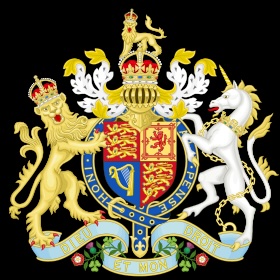- March 13, 1784
The Reform Bill discussed in the Irish House of Commons in 1784 was part of a wider movement for parliamentary reform in both Ireland and Great Britain during the late 18th century. The context for this bill and similar reform efforts was a period of significant political and intellectual ferment, with the American Revolution having recently concluded and the early rumblings of what would become the French Revolution starting to be felt.
In Ireland, the 1780s were marked by a growing demand for legislative independence from Great Britain and for reforms to make the Irish Parliament more representative of the Irish populace. The Irish Parliament at the time was largely controlled by a Protestant Ascendancy, which meant that the majority Catholic population was excluded from political power, as were many less affluent Protestants.
The specific Reform Bill of 1784 aimed to address some of these issues by proposing changes to the electoral system. However, like many reform efforts of the time, it faced significant opposition from those who held power under the existing system and who stood to lose from any redistribution of political authority.
While the 1784 Reform Bill itself did not result in immediate, significant changes, it was part of a broader movement towards legislative independence for Ireland, which was partially achieved with the Constitution of 1782. This Constitution gave the Irish Parliament freedom to legislate without the need for approval from the British Parliament, although the executive power remained under the influence of the British government through the Lord Lieutenant of Ireland.
The push for reform continued into the late 18th and early 19th centuries, culminating in the Acts of Union 1800, which abolished the Irish Parliament, integrating Ireland into the United Kingdom with a single parliament based in Westminster. The desire for political reform and greater representation would persist, however, eventually contributing to the push for Irish independence and the complex political dynamics of the 19th and early 20th centuries.

 ← The British Renunciation Act acknowledges the exclusive right of the Irish parliament and courts to make and administer laws for Ireland
← The British Renunciation Act acknowledges the exclusive right of the Irish parliament and courts to make and administer laws for Ireland
 First unmanned balloon in Ireland is launched by Richard Crosbie →
First unmanned balloon in Ireland is launched by Richard Crosbie →